Staff roles
The right care to meet your needs
When you contact us via askmyGP or by phone, you’ll be asked some questions about your condition by one of our care navigators, or receptionists. This helps us to make sure you are seen by the most appropriate member of our team who is best placed to help you.
This could include:
- A GP
- An advanced nurse practitioner (ANP) or nurse practitioner
- A paramedic
- A healthcare assistant (HCA)
- A physician associate (PA)
- A dispenser
- A clinical pharmacist
- A pharmacy technician
- A social prescriber
- A Mental health practitioner
- A First contact physiotherapist (FCP)
- A Health and wellbeing coach
Staff in non-clinical roles, such as our practice managers, are also important members of our team who you may meet when you come into the surgery.
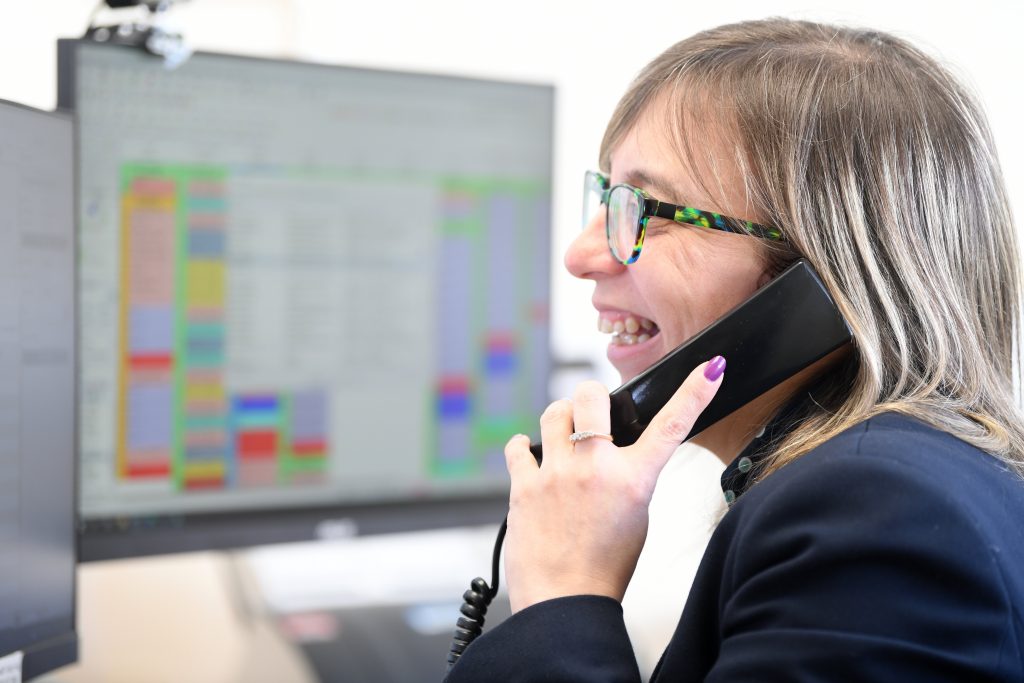
Care navigators (receptionists) are often the first people our patients will speak to on the phone or be greeted by at one of our surgeries. They are trained to help make sure everyone gets the right care to meet their needs.
They will:
- welcome patients to the surgery
- ask questions about their condition so that they can help arrange the right help
- book face-to-face or telephone appointments
- offer self-help advice
- signpost patients to other services
Our care navigators play and important role in supporting communication between patients, doctors and other medical staff.

GPs (general practitioners) are doctors who look after patients in the community. They are able to:
- take a patient’s history
- carry out assessment and physical examinations
- order tests
- diagnose illnesses
- treat all common medical conditions
- prescribe medications
- offer treatment and advice
- refer patients to hospitals and other medical services for urgent and specialist treatment
GPs can also offer advice on healthy lifestyles and self-care so that patients can help themselves to stay well.
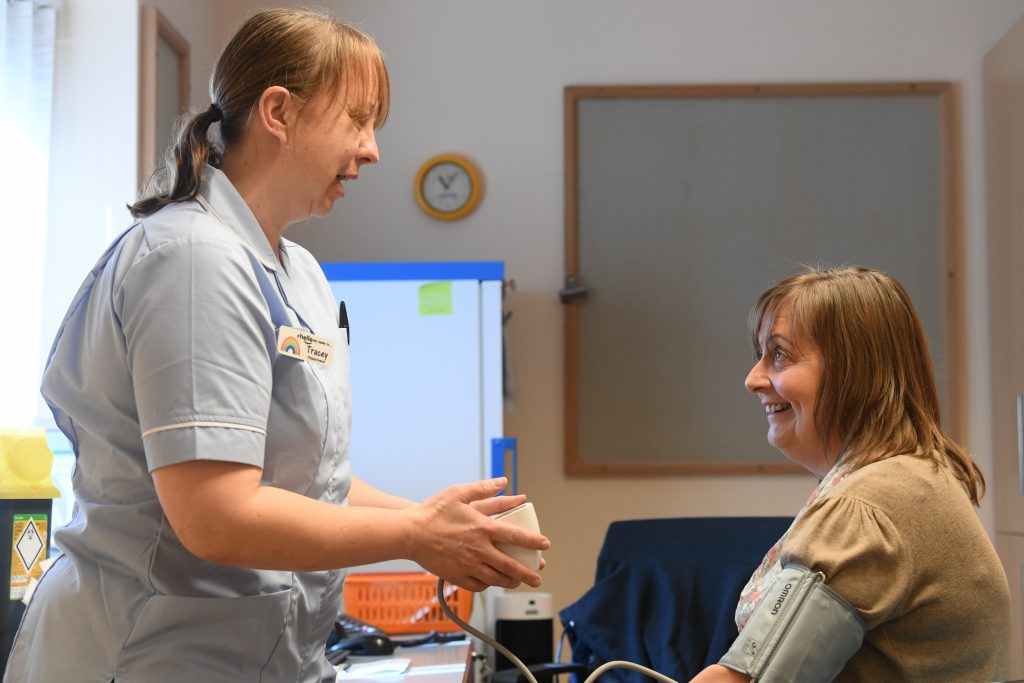
Advanced nurse practitioners (ANPs) and nurse practitioners are specialist nurses who have completed extra training so that they can:
- provide advanced nursing care
- take a patient’s history
- carry out assessments and physical examinations
- order tests
- diagnose illnesses
- prescribe most medications
- offer treatment and advice
- make referrals to hospital doctors or other healthcare professionals
Our nurse practitioners and advanced nurse practitioners can provide treatment and advice for many problems for which patients may have seen a doctor for in the past. Although they work independently, they regularly liaise with GPs and the rest of the primary care team to make sure patients get the best possible care.
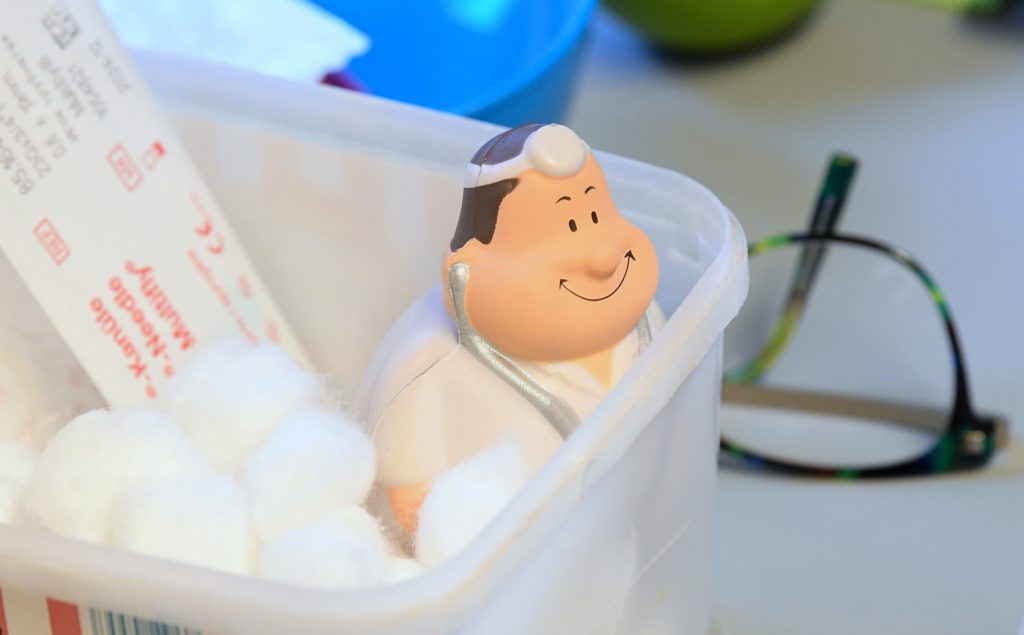
A paramedic is a highly skilled clinician who will visit patients in their own homes. They will:
- carry out an in-person assessment
- make decisions about the best way to meet the patient’s needs
- arrange treatment, referrals, a hospital admission or other support quickly and thoroughly
Paramedics will also consider any other underlying physical or mental health issues, as well as the patient’s surroundings and safety when they visit, so that they can signpost them for further support where necessary.

Healthcare assistants (HCAs) are an important part of our nursing team. They can:
- carry out health checks
- sterilise equipment
- restock consulting rooms
- process laboratory samples
- take blood samples
- do health promotion or health education work
HCAs work closely with our nurses, doctors and other healthcare professionals and have a lot of direct contact with patients.
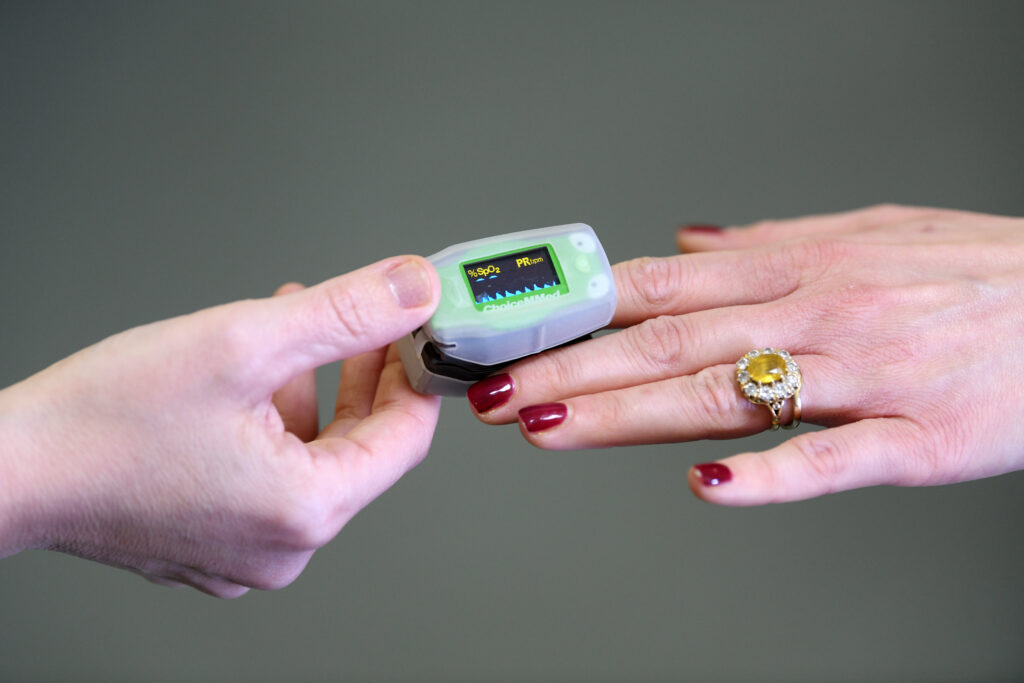
A physician associate (PA) works alongside doctors and the rest of our primary care team to:
- take medical histories
- carry out physical examinations
- order tests and interpret the results
- diagnose illnesses
- draw up management and treatment plans
- see patients with long-term conditions
- offer advice on healthy lifestyles and disease prevention
PAs can make independent decisions about patient care but work under the supervision of a doctor, who is on hand to offer help and advice if necessary. Although they are not able to prescribe, they can recommend appropriate medications which a GP will then review.
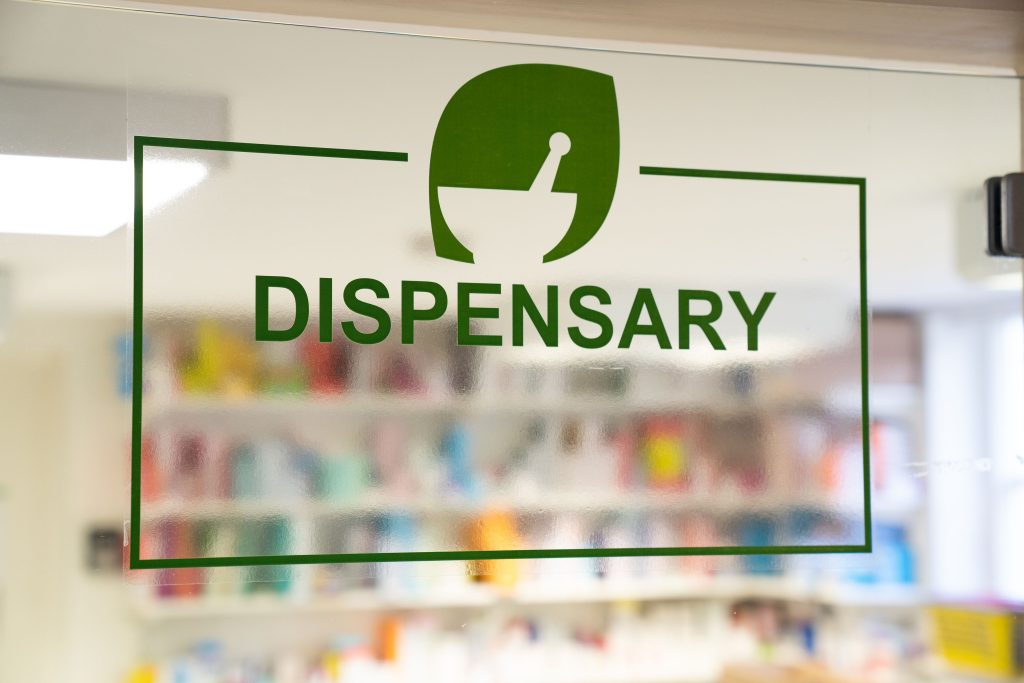
A dispenser helps to make sure we have the right drugs in stock to meet our patients’ needs. Their responsibilities include:
- issuing stock items
- handing out prescriptions, collecting prescription charges and checking that prescription exemptions are completed correctly
- processing and dispensing repeat prescription requests
- collecting charges for private medications and vaccines
- monitoring stock levels and restocking medications

Clinical pharmacists are able to assess and treat patients using their expert knowledge of medicines. They:
- can prescribe medication (if they have an independent prescriber qualification)
- review and monitor medications
- offer advice to patients and other members of the practice team about medication
- make sure that medication doses are safe
- support patients with chronic diseases to proactively manage their condition

A pharmacy technician is a healthcare professional who is registered with the General Pharmaceutical Council. Their key responsibilities include:
- reviewing prescriptions and advising on whether medications are safe
- making sure medication monitoring is in place, such as blood tests and blood pressure readings
- ensuring that patients understand their prescription
- offering advice on lifestyle and optimal use of medications
- updating repeat medication templates after a hospital admission or an outpatient appointment
- making sure that prescriptions are taken correctly, the dose is safe and all the right monitoring has taken place
- carrying out medication safety audits
Pharmacy technicians work from a clinic list or via askmyGP and also give help and advice to colleagues who have medication queries. They work under the supervision of a clinical pharmacist and are responsible and accountable for their own accurate and safe practice.
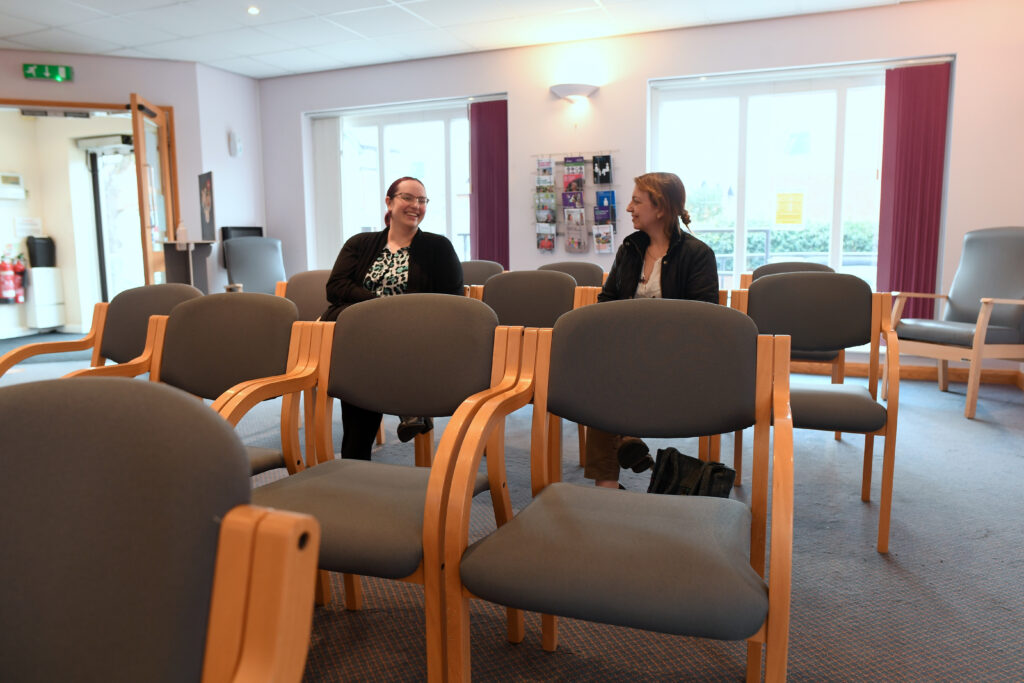
A practice manager looks after the day-to-day running of the practice and works closely with our partners to make sure that patients receive high quality care. Their job includes:
- business planning
- recruiting, training and supervising non-clinical staff
- supervising appointment systems that work well for patients and clinicians
- ensuring accurate records are kept
- liaising with other parts of the health service, such as integrated care boards and primary care networks

Social prescribers help to connect people with activities, groups and services which will benefit their health and wellbeing. They will:
- talk to patients and find out more about what matters to them
- suggest activities, clubs or groups which could help
- signpost people to other support, such as debt counselling or benefits advice
Social prescribers help people to take greater control of their own health by improving how they feel in a way that suits them.

Mental health practitioners help patients with complex mental health needs, such as severe depression, psychosis and bipolar disorder. They look after people who need support but don’t need – or are unable to access – secondary care from a specialist mental health provider. They can:
- provide care in a GP surgery, which is often familiar to patients and closer to home
- offer some psychological interventions
- help patients with employment and their wider health, social and wellbeing needs
- support patients who have been discharged from secondary mental healthcare
Mental health practitioners work closely with GPs and other primary care staff to make sure that patients get joined-up physical and mental health support.

First contact physiotherapists (FCPs) are trained to help patients with musculoskeletal conditions. They will:
- carry out an assessment
- order investigations, such as x-rays, or make onward referrals where necessary
- diagnose problems
- recommend appropriate treatment, such as exercises
All FCPs have received extensive training, which means they can identify red flag symptoms which may need medical attention from a different healthcare professional.

Health and wellbeing coaches support people to make changes to their lifestyle which will improve their health. They will:
- help people to set their own goals based on what matters to them
- support them to change their behaviour and prevent new illnesses
- work closely with other health professionals, as well as social care, voluntary organisations and social enterprises
Health and wellbeing coaches work in a person-centred way, which encourages the individual to make positive changes for themselves.


